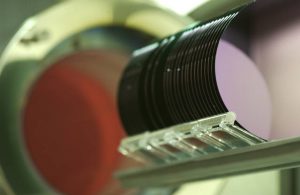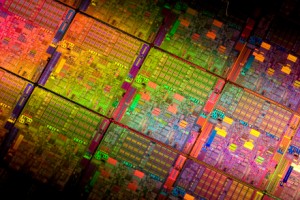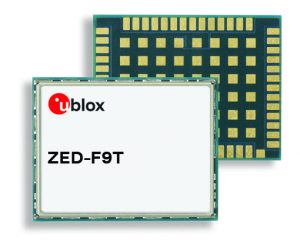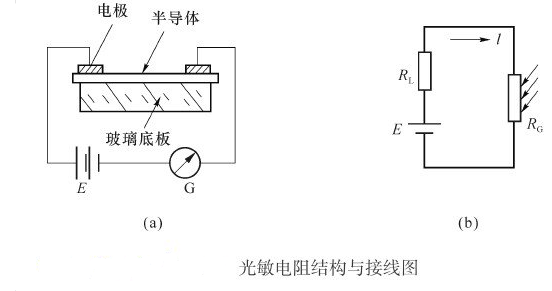STMicroelectronics to manufacture GaN-on-Si power transistors, based on a process developed by French research lab Leti, ST and IRT Nanoelec.

The process will be transferred from Leti’s 200mm R&D line to an ST-operated 200mm-wafer pilot-line, operational by 2020, which will allow ST to address high-efficiency, high-power applications – ST singles out: automotive on-board chargers for hybrid and electric vehicles, wireless charging, and servers.
The three companies are developing the process technology on Leti’s 200mm R&D line now, and expect to have validated engineering samples in 2019. ST is setting up the pilot line, including the crucial GaN/Si hetero-epitaxy, in its front-end wafer fab in Tours.
Leti and ST will also look into improved device packaging for high power-density modules and assemblies.
ST is also working on silicon carbide power devices.
“Recognising the incredible value of wide-bandgap semiconductors, ST’s contributions in Power GaN-on-Si manufacturing and packaging technologies with CEA-Leti move to arm us with the industry’s most complete portfolio of GaN and SiC products and capabilities,” said ST’s president of automotive and discrete parts Marco Monti.
As well as working with Leti, ST is developing RF GaN-on-Si with Macom, for Macom to use across a broad range of RF applications and for ST to use in non-telecom markets.
“While easy to confuse because both use GaN, the two efforts use structurally different approaches that have different application benefits,” according to ST. “These include the suitability of the power GaN-on-Si technology to be produced on 200mm wafers, while the RF GaN-on-Silicon is, for now at least, better suited for 150mm wafers. Either way, because they produce low switching losses, GaN technologies suit higher frequency applications.”
SiC devices are slower but tougher semiconductors, blocking more than 1.7kV and avalanche rated at over 1.8kV, suiting them to applications like electric vehicles, solar inverters, and welding.
Source from:electronicsweekly

 Inglés
Inglés  Chino
Chino  Alemán
Alemán  Coreano
Coreano  Japonés
Japonés  Farsi
Farsi  Portuguese
Portuguese  Russian
Russian  Español
Español 





